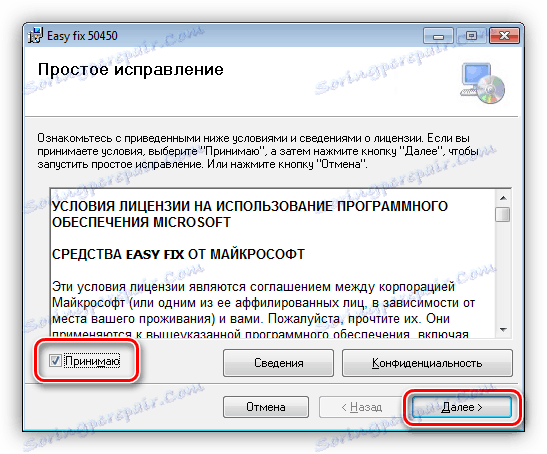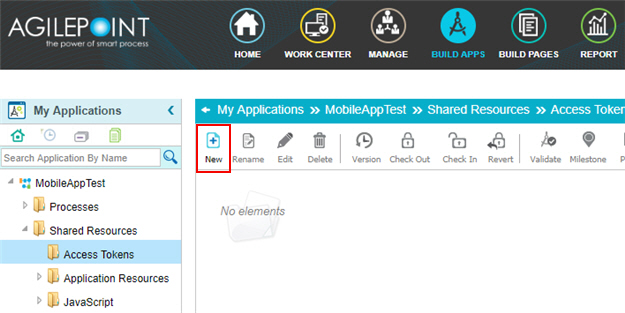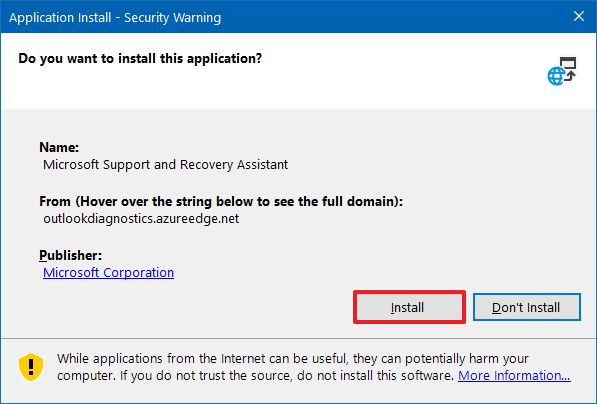

If authorized, Azure AD issues an access token and a refresh token for the resource.Īccess tokens issued by Azure AD by default last for 1 hour. When users authenticate to Azure Active Directory (Azure AD), part of Microsoft Entra, authorization policies are evaluated to determine if the user can be granted access to a specific resource. Access tokens and refresh tokensĪccess tokens and refresh tokens are frequently used with thick client applications, and also used in browser-based applications such as single page apps. There are many kinds of tokens, which fall into one of the patterns mentioned in the sections below. To mitigate the risks, you must understand how tokens work. In some scenarios, there could be a period between the initiation of access revocation and when access is effectively revoked. Depending on the complexity of the environment, administrators can take several steps to ensure access is revoked. So I'm counting on you guys for some assistance.Scenarios that could require an administrator to revoke all access for a user include compromised accounts, employee termination, and other insider threats.


I have raised a ticket with Micro$oft but the response time seems to be sporadic. If anyone out there has had this experience and found a solution for it, please advise. I've attempted to use the GPO "Computer Configuration > Policies > Administrative Templates > Microsoft Office 2016 (Machine) > Licensing Settings to identify a writable share but this doesn't seem to have the desired effect. I suppose what I am looking for is a surefire method of redirecting the tokens to a location whether on the roaming profile or on a network share that Office365 is aware of to prevent constant sign in and activation. Yes we could runĪ script to move the token but then Office would need to know where that destination is to use it and this is not the case. We operate roaming profiles still and was looking at the option to use the appdata element of this, however this is a different folder ie appdata roaming and appdata are two different folders.

However the effect this has is to remove the existing token and force them to sign in and activate at each PC the sign in We operate Office365 under a shared computer activation setting so that users that use different machines in the building can sign in anywhere without having to reactivate a licence.Īt present we delete user profiles on computer restart otherwise with the the amount of users they are clogged up in no time. I'm sure I am not alone in this scenario.


 0 kommentar(er)
0 kommentar(er)
